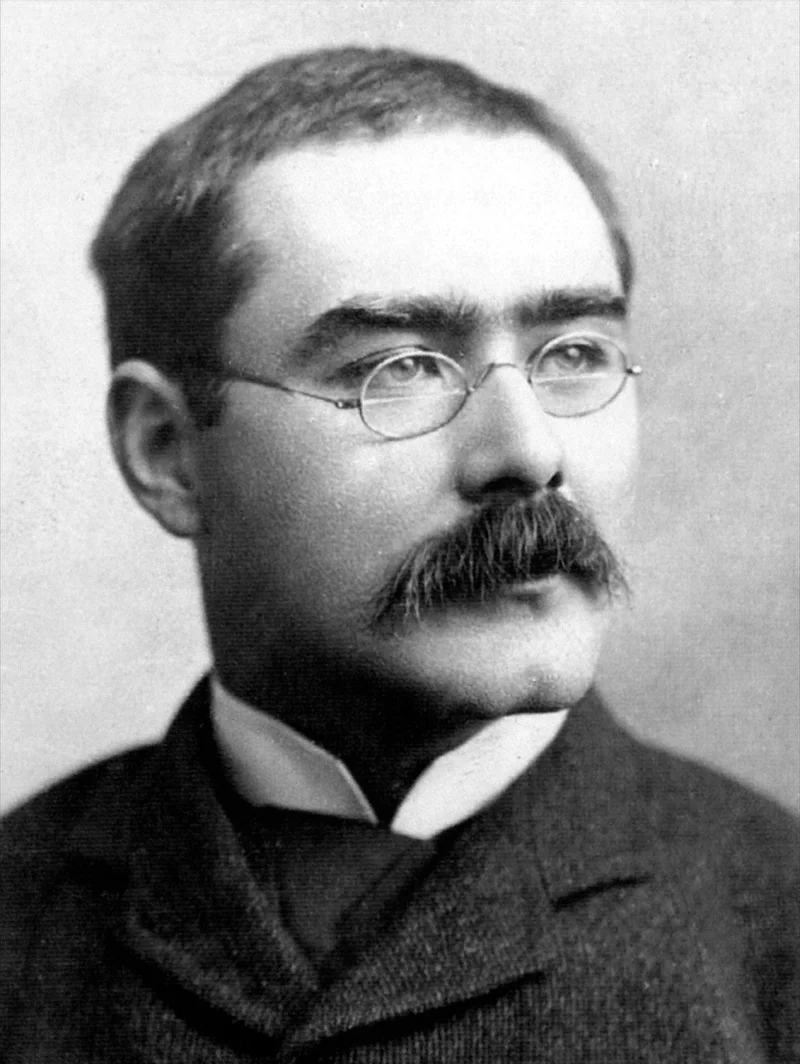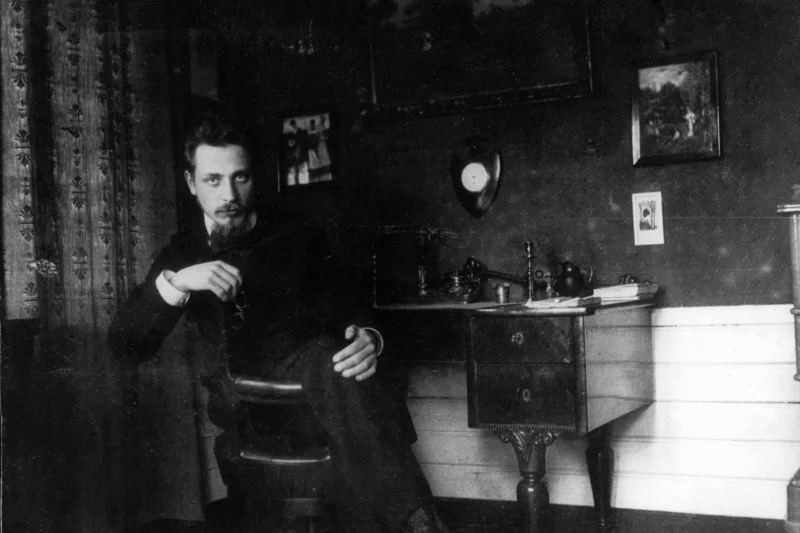Short Summary
Rudyard Kipling was a British author and poet renowned for his works of fiction, including "The Jungle Book" and "Kim." Born in India, his stories often reflect his experiences in the colonial British Empire. He became the youngest recipient of the Nobel Prize in Literature in 1907, which cemented his status as a literary giant. Kipling's writings have had a lasting impact on literature, though they have also sparked debate over their imperialist themes.
Early Life & Education
Rudyard Kipling was born on December 30, 1865, in Bombay, British India, to John Lockwood Kipling and Alice Kipling. His father was a sculptor and pottery designer, while his mother hailed from a prominent family in England. Kipling spent his early years in India, absorbing the vibrant culture that would later influence his writing. At the age of six, he was sent to England for education. He attended the United Services College, a boarding school in Devon, where he developed a love for literature and began writing poetry and short stories.
Career Highlights
After completing his education, Kipling returned to India in 1882, where he worked as a journalist for the Civil and Military Gazette in Lahore. This period marked the beginning of his literary career, as he published his first collection of verse, "Departmental Ditties." He gained significant attention with "Plain Tales from the Hills," a collection of short stories. Kipling's major works include "The Jungle Book," "Kim," and "Just So Stories," all of which became classics in English literature. His writing often explored themes of British imperialism and the complexities of human nature.
Major Achievements
- Received the Nobel Prize in Literature in 1907 for his outstanding contributions to literature.
- Authored "The Jungle Book," which became a beloved classic and was adapted into various films and media.
- Published "Kim," a novel that provides a vivid depiction of colonial India and remains a significant literary work.
- Created "If—," a poem that has inspired generations with its message of resilience and stoicism.
Famous Quotes
- "If you can keep your head when all about you are losing theirs and blaming it on you."
- "The strength of the pack is the wolf, and the strength of the wolf is the pack."
Interesting Facts
- Kipling was once offered the British Poet Laureateship, but he declined the honor.
- He was a close friend of Cecil Rhodes, the British imperialist and mining magnate.
- Kipling's son, John, died during World War I, a personal tragedy that deeply affected him.
- His home in Vermont, USA, was where he wrote some of his most famous works, including "The Jungle Book."
Legacy / Influence
Kipling's influence on literature and culture is profound, with his works being adapted into numerous films, plays, and television shows. Despite controversies surrounding his imperialist views, his storytelling prowess and ability to capture the complexities of human nature have ensured his place in literary history. His contributions continue to inspire writers and readers worldwide, making him a significant figure in English literature.
FAQ
Q: Why is Rudyard Kipling famous?
A: Kipling is famous for his literary works, including "The Jungle Book" and "Kim," and for being the youngest recipient of the Nobel Prize in Literature.
Q: What themes are prevalent in Kipling's work?
A: His work often explores themes of British imperialism, cultural identity, and human nature.
Q: Did Kipling receive any notable awards?
A: Yes, he received the Nobel Prize in Literature in 1907.
Q: Where was Kipling born?
A: He was born in Bombay, British India, on December 30, 1865.












